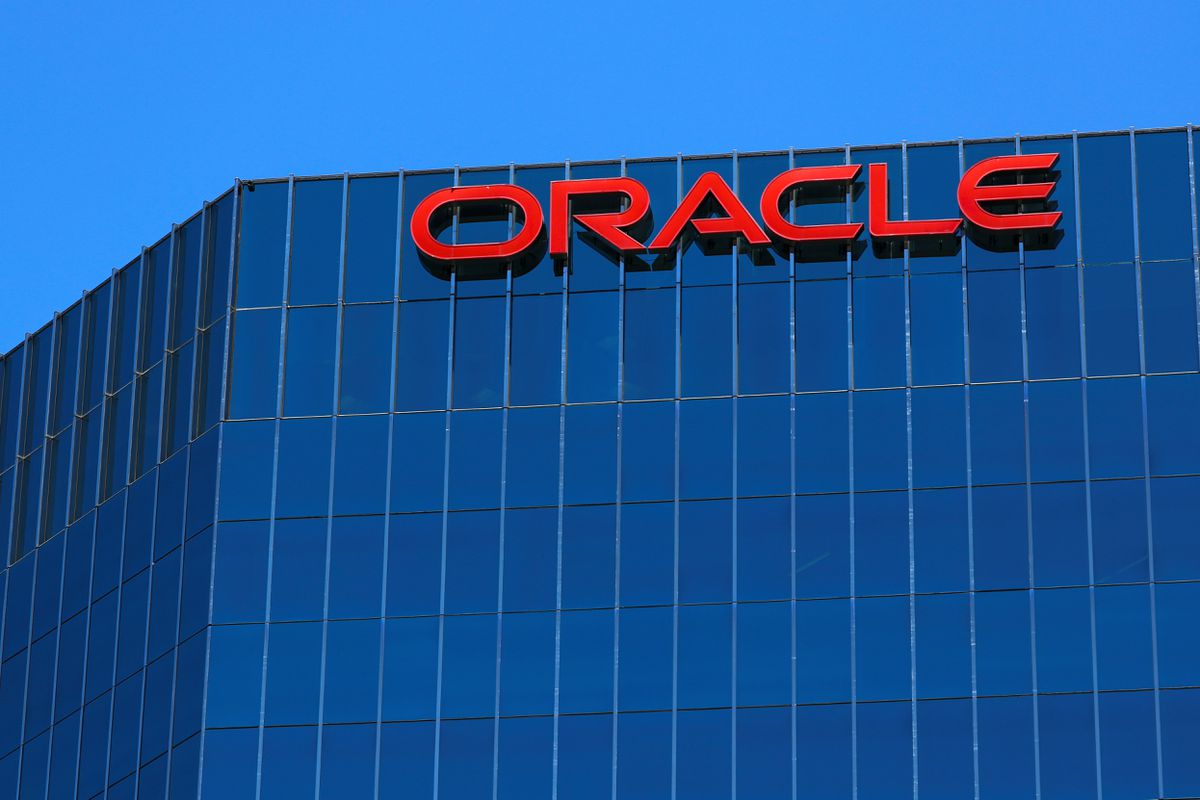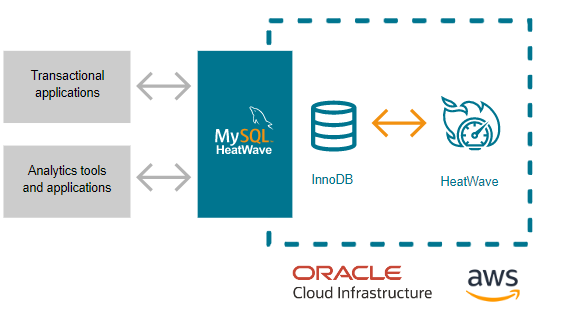The US Securities and Exchange Commission (SEC) has fined Oracle USD 23 million for allegedly breaking the Foreign Corrupt Practices Act (FCPA). According to reports, the corporation set up slush funds to pay off foreign agents in the United Arab Emirates, Turkey, and India.

According to the SEC, Oracle India workers engaged in a transaction with a transportation business operated by the Ministry of Railways that involved an unreasonable discount plan.
This is the second time the SEC has accused Oracle of breaking the federal Foreign Corrupt Practices Act (“FCPA”), which prohibits bribery, in relation to alleged violations that occurred between 2014 and 2019.
The regulator claims that Oracle’s subsidiaries in the UAE and Turkey also allegedly broke Oracle standards by using slush funds to pay for foreign dignitaries to attend technology conferences.
The employees of the Turkey business also paid for the families and kids of the officials to travel with them or to take side trips to Los Angeles and Napa Valley, California.
A spreadsheet that was kept by one of the salespeople participating in the deal showed that $67,000 was the “buffer” that might be used to pay a certain Indian SOE official. A company with a history of paying SOE officials received a total of about $330,000, and $62,000 went to a company that was under the control of the sales representatives involved in the deal.
According to the SEC decision, Oracle India sales staff reportedly exploited a “excessive discount plan” in connection with a transportation business in 2019 that was primarily owned by the Ministry of Railways.
The employees allegedly stated that the agreement would fail without a 70% discount on the software portion of the deal due to competition from other original equipment manufacturers.
The proposal also needed to be approved by a French-based employee of Oracle because of the size of the discount. It is claimed that the discount approval was given without receiving any supporting documentation. The SEC judgment stated that because Oracle India was given the discount because it was a state-owned organization (SOE), according to its procurement website, “Oracle India faced no competition because it had mandated the use of Oracle products for the project.”

Oracle Corporation is a multinational American company based in Austin, Texas, that specializes in computer technology. According to sales and market capitalization, Oracle was the third-largest software firm in the world in 2020. The company sells enterprise software products like enterprise resource planning (ERP) software, human capital management (HCM) software, customer relationship management (CRM) software (also known as customer experience), enterprise performance management (EPM) software, and supply chain management (SCM) software, as well as database software and technology (especially under its own brands).
Oracle is well recognized for its Java-compatible software and services. Oracle sells its cloud-engineering systems, services, and licenses through the four primary business sectors of the company: cloud, hardware, services, and licenses. The corporation has been engaged in a legal dispute with Google for more than ten years over allegations that Google violated copyright when it incorporated Java-related programming language features in the Android operating system. When the US Supreme Court found 6 to 2 in favor of Google in 2021, the conflict was finally resolved. The court stated that Google had made “fair use” of Oracle’s Java programming language when it incorporated significant portions of it into the Android operating system.
The Redwood Shores, California-based enterprise systems company’s employees structured transactions with the Indian government on more than a dozen occasions, according to the SEC’s 2012 order, in such a way that allowed Oracle India’s distributors to keep about $2.2 million of the proceeds in unauthorized side funds. These Oracle India personnel then gave the distributors instructions to pay alleged local vendors out of these side monies, some of whom were essential stores that did not offer any services to Oracle. Oracle’s subsidiary used fictitious invoices to record some payments.
To resolve the claims, Oracle had agreed to pay a $2 million fine.













